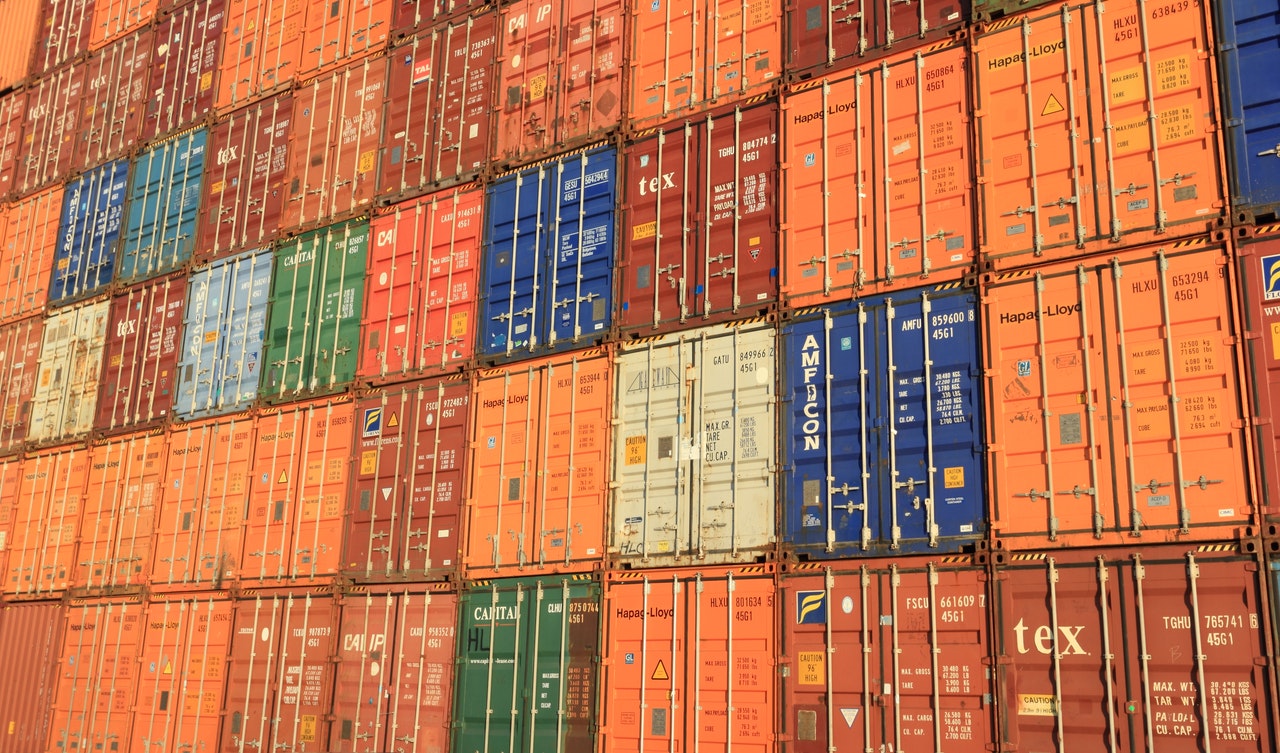AstraZeneca’s COVID vaccine, which has been maligned by safety concerns and an erratic rollout, has a new name – Vaxzevria.
The name-change, approved on 25th March, was announced on the website of the European Medicines Agency (EMA), and that of the Swedish National Medicines Agency (Läkemedelsverket).
According to the Läkemedelsverket, however, the name change does not reflect a change in the formula of the vaccine, and will rather effect its labelling and packaging.
It comes in the wake of a tumultuous month for the vaccine, during which disputes between its manufacturer and the European Union escalated to new heights, and several countries briefly suspended the use of the vaccine amidst safety concerns.
The renaming of the vaccine could reflect AstraZeneca’s desire to mitigate some of the damage dealt to its reputation and indeed try to give the vaccine itself a fresh start.
Spectators have warned that the company’s reputation could be damaged by the vaccine controversies, and as the company does not make a profit from its vaccine production (according to its no-profit pledge), AstraZeneca is likely to want to reduce the impact as much as it can.
After its suspension in many prominent European countries, the EMA did reapprove the vaccine for use, describing it as “safe and effective”. However, it once again made headlines on Wednesday, as Germany imposed age restrictions on the jab – a measure which once again raises concerns about the vaccine’s safety.
Ferrari unveils ‘Luce’: Its first fully electric supercar set for 2028
Pricing is anticipated to sit well above €500,000
Malta’s trade deficit narrows as import shifts and export rebalancing continue in 2026
Over the full year, Malta’s trade deficit narrowed by €444.1 million compared with 2024
Thinking of housing as part of an urban system: what Malta can learn from Singapore’s public housing
Five lessons we can take from the nation twice the size of Malta






